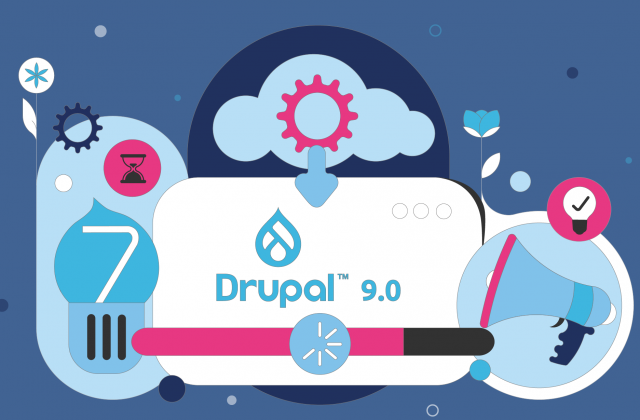Power.com, the recently launched social network aggregator which lets users easily transfer data and files from one network to another has had some tricky hurdles to overcome already since its November 2008 launch. There was a lawsuit and fallout with Facebook over privacy and data storage which was eventually resolved (though Facebook is not currently one of the networks accesible via Power) and now Myspace is the latest to take issue with Power’s use of its users’ data…
Myspace has blocked the aggregator from accessing its data for the latter’s decision not to use Myspace’s OAuth system for user logins, citing considerable (and valid) security concerns. The development leaves Power with only Orkut and Hi5 as its remaining significant networks, representing a considerable setback for the new start-up.
As an idea Power is clearly a pretty useful one from the point of view of SN users – and indeed if the majority of networks can be brought on board then those still outstanding will inevitably also join the group. However none will mind that they don’t currently offer Power compatibility since no-one else does either – especially when the justification for such is to protect users’ data.
The potential for Power is considerable; with the numbers of active SN users worldwide getting ever closer to the 1 bn mark the potential ad revenue of Power.com would be huge (it’s no surprise investors have already put over $6m into the company). However the site clearly must do more if it is to take the essential step of offering something that the major players want to be involved in.
After all, in attracting users to its service and away from the login homepages of the likes of Myspace for example, Power is also redirecting ad revenue in the same direction. Arguably the ease of portability offered by the service would counter this by facilitating an increase in user numbers for all networks, as people create new profiles on sites from which they were previously absent. The only problem with this logic however is presented by the fact of the relative homogenisation of network choice within different countries/continents; i.e. if everyone you share a country/language with is using x or y network, then why would you want to port details onto z where you know nobody?
Ultimately, if an updated version of the site can be offered – which will keep the balance of control over users’ data firmly in the hands of the original networks themselves, then probably the alienated Myspace and Facebook can be brought back into the Power.com fold.
A quick look at Alexa’s traffic details for Power shows it impressively surging into the top 10,000 ranked sites only weeks after launch, and currently floating around the top 6,000 mark. If the better relationships with networks that are so crucial to its success can be fostered, then Power.com could soon see that top 6,000 figure lose a zero or two…
Dejan Levi


